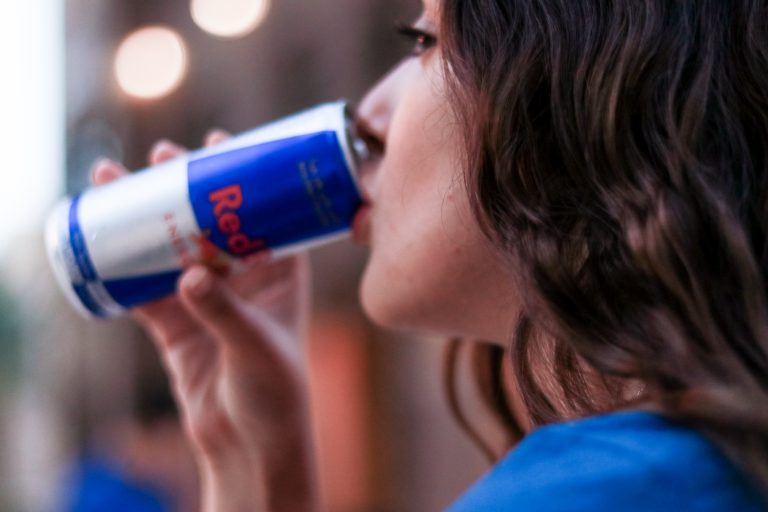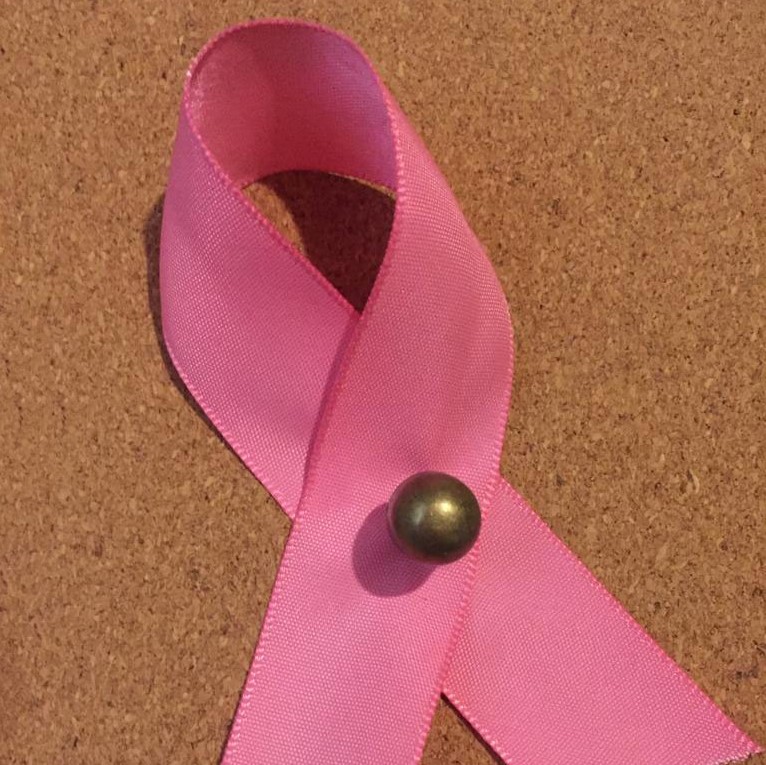How Much Red Bull is Too Much Red Bull?
By: Nesrien Abdelkader
@NesrienAshraf
Dean of Students George Marquis is currently moving forward with his initiative to promote awareness on the dangers of energy drinks and limit their availability on AUC’s campus.
There have been rumors circulating for over a year now that Marquis is looking to ban energy drinks on campus and, while exaggerated, they are not entirely false.
“They [energy drinks] have the potential to be very harmful and I do not support them at all,” Marquis explained.
“The dean of students has a charge to promote healthy lifestyles. Energy drinks don’t fit into a healthy lifestyle,” Marquis explained.
He linked the high amounts of caffeine and sugar in energy drinks to childhood obesity, anxiety and digestive disorders.
“I don’t believe that the students here understand what they’re doing. I think that because of their age, they don’t see the long-term damage that they’re doing to their bodies. What I do know is that energy drinks are not natural,” he added.
Despite the fact that younger people are more at risk, the anti-energy drink initiative has already been met with opposition.
“I discussed this with the Student Union last year and we did not see eye-to-eye,” explained Marquis.
Energy drinks continue to remain popular among students regardless of possible negative health effects.
They have become a staple at any big event on campus because of their popularity.
“People expect Red Bull at events. Whenever it’s not there, people complain and start asking for it,” said Architecture sophomore Rana Esam, an occasional Red Bull drinker.
Esam thinks that if AUC was to drop Red Bull as a sponsor, it would definitely need to find a replacement that is just as popular because students are used to having the company support events.
Red Bull does not pay to sponsor events nor receive payment from AUC. The company provides Red Bull cans to universities at no cost. Instead, they support club events, concerts and samples around campus.
Although he does not have the authority to outright ban the selling and consumption of energy drinks, Marquis has limited them on campus to the best of his ability by banning them indefinitely from anything under his supervision, including the First Year Program (FYP).
“We [the Office of the Dean of Students and FYP organizers] do not use any energy drink brand sponsors,” Marquis added.
However, there were still energy drinks available during FYP, as opposed to what Marquis wanted.
“FYP was not energy drink free, but it was done in a very subtle way. There was a deal made with a [energy drink] company to sell drinks at FYP,” said Red Bull Wings team member and economics senior Jomana Aladdin.
The Red Bull Wings are university students responsible for promoting the brand on their campus.
Red Bull, the most popular energy drink among students, has been on campus since it first came to Egypt in 2008, according to Aladdin.
“Even without any Red Bull events going on, you’ll always see someone here in the plaza with a can in hand. It’s better for us to be here and introduce the brand. For any misconceptions or inquiries regarding the product, it’s better to have the Wings on campus,” Aladdin added.
She also responded to the health concerns regarding energy drinks and compared them to other sources of energy available on campus.
“It’s [Red Bull] more beneficial than coffee because it has vitamins and minerals and coffee is mostly just caffeine. It’s better to switch your daily coffee for a Red Bull,” Aladdin said.
The World Health Organization and other bodies warn that the amount of caffeine, vitamins, and other stimulants is higher than what is found in nature and that mix could be harmful, especially for people on medications.
Marquis says he also has the support of The Center for Student Wellbeing, the medical clinic and several faculty members.
“The Center for Student Wellbeing, from a wellness perspective, definitely discourages the consumption of energy drinks,” explained Associate Director for Coaching and Learning Success Iman Omary.
One of the supporters of his cause is Journalism and Mass Communication Professor of Practice, Mervat Abou Oaf, whose main concern is that students often abuse these drinks and can become addicted to them.
“I think that there should be an awareness campaign against energy drinks, and that you [AUC students] should be the ones to organize it,” she said.




